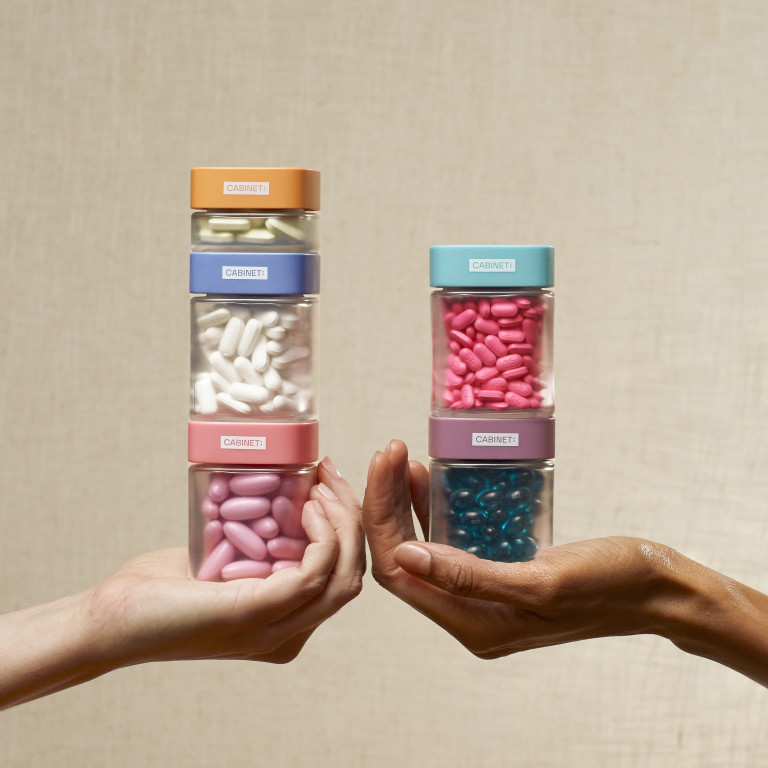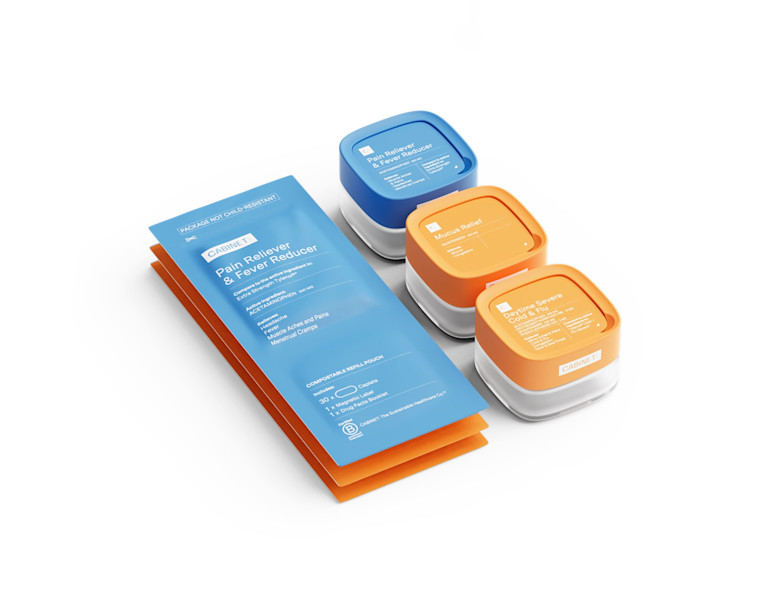First, What is Sustainability?
Sustainability is a big word in the health care community and beyond but what does it really mean? The Environmental Protection Agency1 says "[t]o pursue sustainability is to create and maintain the conditions under which humans and nature can exist in productive harmony to support present and future generations." Which a lot of people believe means reducing waste in all senses of the word and taking action to make sure we aren't depleting earth's resources beyond their ability to be replenished.
In action, this can look like people using reusable products to reduce the use of plastics and the creation of trash. For others, it can look like using compostable products, like wheat-based to-go boxes and pasta-based straws.
And if you have a gluten-related condition or autoimmune disorder like celiac disease that requires a gluten-free diet, hearing people are turning to wheat for sustainability can sound absolutely terrifying (especially if you're hearing about it for the first time).
Let's Talk Sustainability Challenges With Celiac Disease
There are many challenges with sustainability in the celiac population. First, celiac disease is an autoimmune disease that requires a strict gluten-free diet free from cross-contact to prevent damage to the small intestine. This strict gluten-free diet not only prevents damage but also gastrointestinal distress and the 300+ reported symptoms of celiac disease.
Because celiac disease patients must avoid gluten to prevent an immune response, many actions a celiac may take to keep themselves safe aren't environmentally friendly. Actions like preventing cross-contact with the use of disposable products in shared homes. This can look like using foil as a barrier on cookware that can't be shared. Or, buying products in packaging instead of the bulk bins.
The question becomes how can we balance celiac safety with doing our part in protecting the environment without sacrificing quality of life? Especially when things like using disposables play an important role in maintaining health and well-being with celiac disease.
Including Celiac Disease Patients in Sustainability Practices
Sustainability practices can feel out of reach for patients with celiac disease, but it doesn't mean they can't increase the prevalence of sustainable practices in their life. There are a few ways people with celiac can be mindful of the environmental factors and impacts of their lifestyle.
First, people with celiac disease can be active in sustainability advocacy campaigns to help create change in government policy to support the environment. This can be anything from writing your elected officials expressing your support for sustainable policy, to educating the people around you about sustainable practices.
Second, while the use of disposables can be a strong part of a celiac's gluten avoidance toolkit, taking a look at which disposables can be substituted with reusable products is a great way to be more environmentally friendly. For example, traveling with reusable straws or using reusable sandwich bags can be a way to participate in the reusable aspect of the sustainability movement without impacting quality of life so much.
Additionally, sourcing pharmaceuticals, supplements, and medications from brands committed to supporting the environment can be another way people with celiac can participate.
And if you're on the market for sustainable medications, Cabinet Health is offering the world's first sustainable refill system—complete with refillable medicine bottles and 100% compostable refill pouches made with a blend of wood cellulose and biosealants to keep medications fresh and safe.
Not only is Cabinet health committed to sustainability, but they are also committed to transparency in gluten-free drug labeling. Batch testing their medications to make sure they are actually gluten-free.
Sustainability with celiac disease can be tough, and there are still ways to stay environmentally friendly without sacrificing quality of life.










